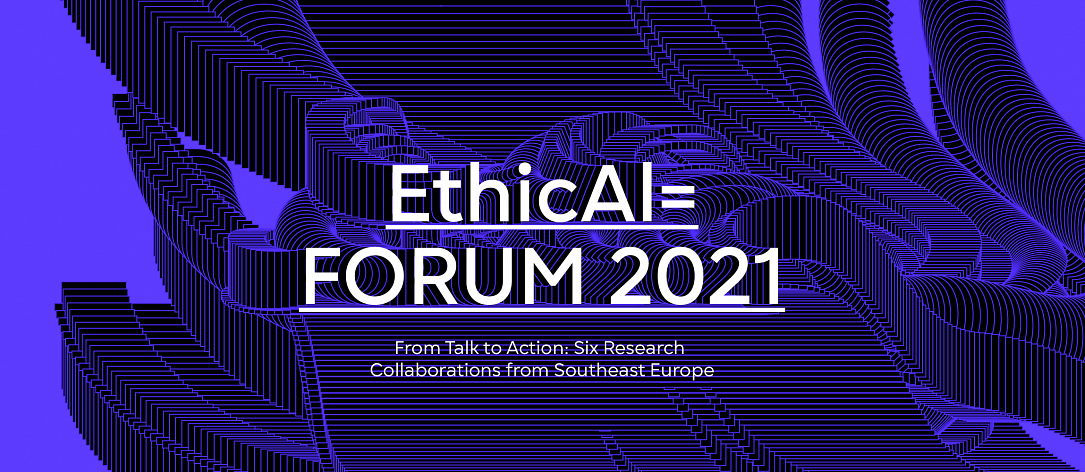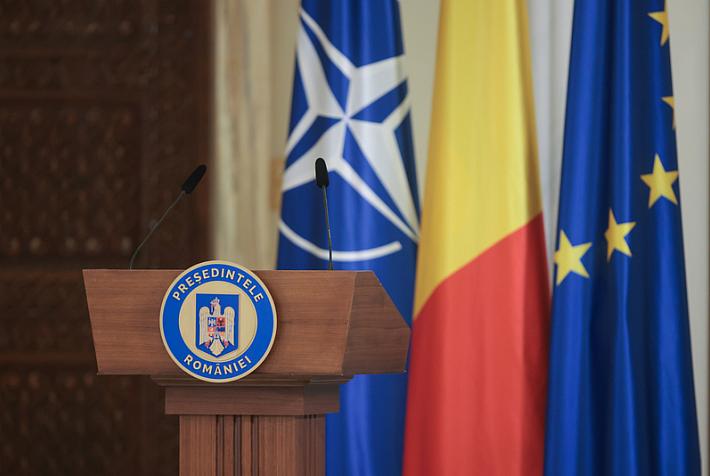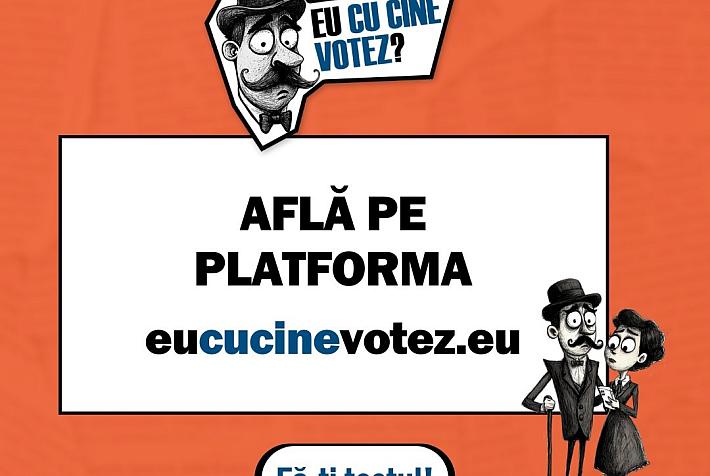EthicAI=LABS: A laboratory format investigating the intersections between artificial intelligence and ethic (press release)

The EthicAI=LABS project is a collaboration between Goethe-Institut branches in Ankara, Athens, Bucharest, Zagreb, Sarajevo, and Sofia exploring the relationship between artificial intelligence and ethics. Through a series of open workshops and panel discussions, EthicAI=LABS aims to initiate a critical conversation on these topics across national and genre boundaries.
The three main cores of inquiry in the context of artificial intelligence here are linguistics on the one hand and art and media on the other. In between stands the field of human cognitive processing. Linguistic communication, prejudice, discrimination, creative algorithms as well as copyright, censorship, privacy, and political polarization are some of the main expressive tools through which the project tries to think the ethical space of interaction.
The groups
As a result of an open call for participation sent to the six countries of the region in February 2021, 18 young specialists were selected. They started working on the project topics in groups of three by researching artificial intelligence and ethics, as well as their intersection within the contexts of linguistics, creativity, forms of bias, and the media.
The group composed of participants Katerina Gkoutziouli, Stefania Budulan, and Ana-Maria Pleșca researched the role of data used to teach algorithms. They produced two chatbots with different types of databases and assessed the effect of their interaction. Their idea was to detect the biases embedded in the data and the differences in human perception in the case of interaction between human subjects and chatbot-generated speech.
The other group working on the topic of computational linguistics – Dorin Cucicov, Tsvetomila Mihaylova, and Busra Sarigul – also focused their project work on the chatbots, but developed it along different lines. Their purpose was to create a chatbot with emotive intelligence that could imitate or even replace a therapeutical procedure. To this end, the participants applied basic linguistic approaches to human interaction by adapting them to a model of human-computer interaction.
The group that chose to work on the topic of AI and creativity focused on the following questions: “What is the basic component of creativity that is strictly peculiar to humans as opposed to machines?” and “Is artificial intelligence capable of elaborating the concept of creativity via reference to this basic component?” Dessislava Fessenko is writing an article on the topic, Yiannis Kiouvrekis is also working on an article that discusses the problems of creativity, misinformation, fake news, and the level of AI understanding of human semantics, while Marko Mrvoš is producing an artwork whose process of visualization is mainly carried out through algorithms and data.
Sinem Görücü, Ajla Kulaglic, and Nasir Muftić work together on a project to create an interactive map that explores the most common forms of bias in the region, the ways people are ensnared by them, the means of preventing this from happening, and the risks of delusions and stereotypes programmed into the AI.
In one of the groups working on the subject of AI and the media, artist Albena Baeva, in collaboration with her colleagues, produced an installation entitled The AI Commandments, through which she comments upon modern government methods of regulating technology, the political and social consequences of the use of artificial intelligence, as well as the fraudulent way in which the media present the topic. The rest of the group members - Kemal Halilović and Matko Vlahović – worked on their theses related to the same subject within the context of the other group dealing with the media, Ivana Tkalčić, Vassilios Bocos, and Fatih Sinan Esen composed together a questionnaire they used to research the general outlook towards AI in the media and the degree of public trust in them. The final result of their collaborative efforts was an article that analyzes the collected survey data.
All these sub-projects and collaborations were presented at the main project’s final event - EthicAI=FORUM, on November 18, 2021, which will be available to watch on the project’s website, along with the other workshops which took place throughout 2021.
Alongside the collaborative work of the groups, presented both on stage and in a virtual exhibition, the participants were invited to hear from leading EU experts in AI and ethics such as Gry Hasselbalch, as well as artists exploring the human-machine relationship such as Moritz Simon Geist (Germany) and Veneta Androva (Bulgaria) and more.
This is a Press Release. Here you can order press releases on this site.













